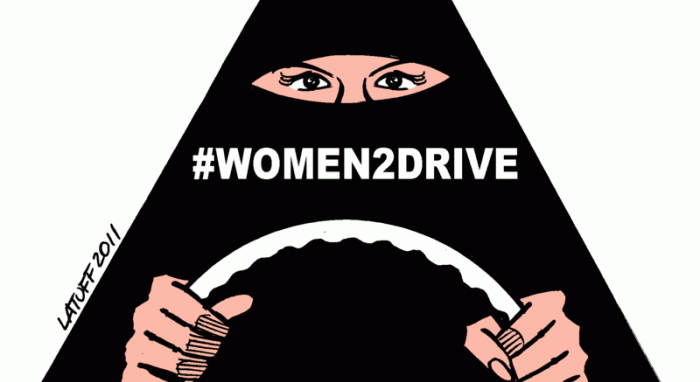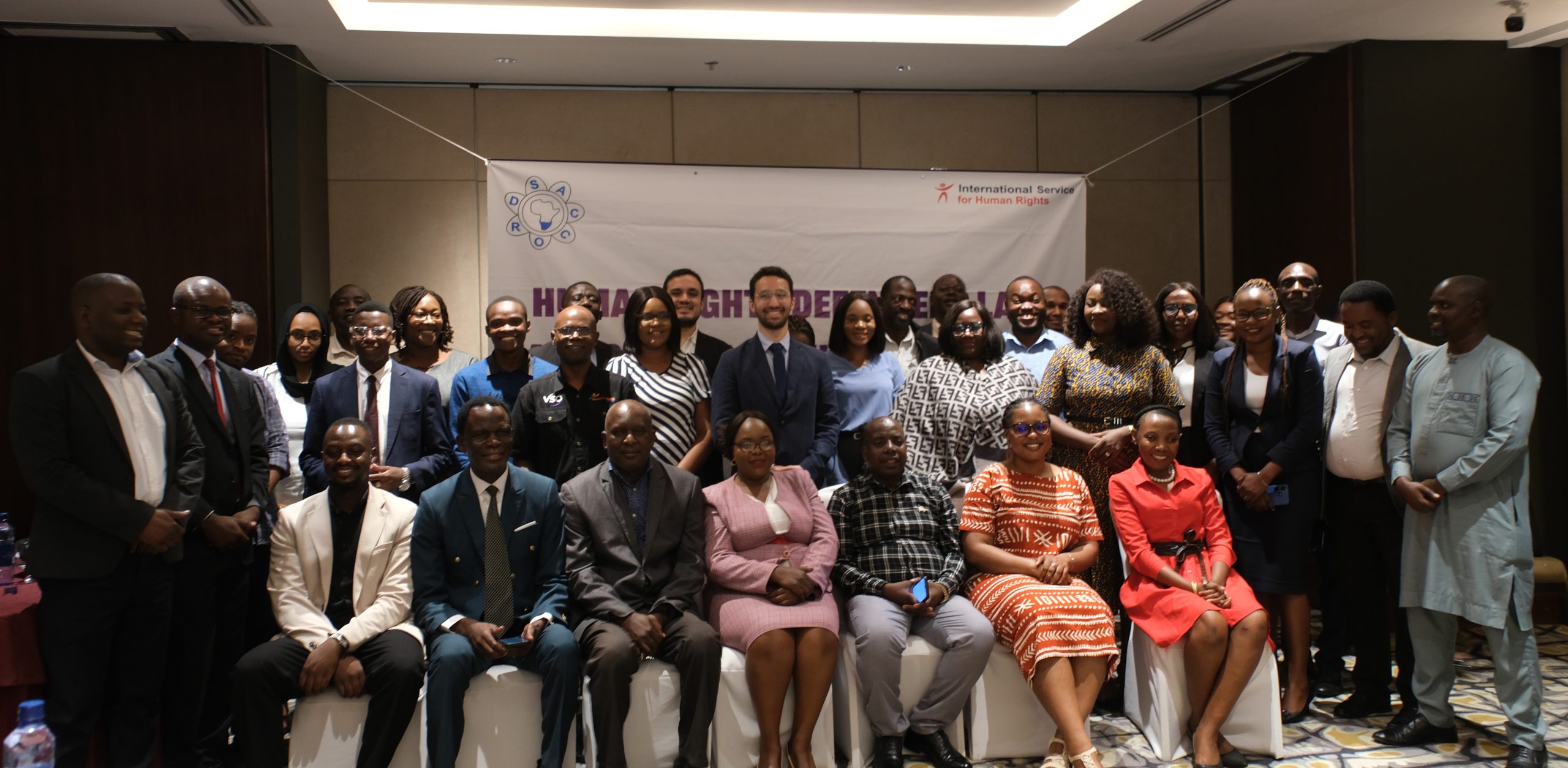A review of the human rights record of Saudi Arabia is scheduled to take place on 5 November as part of the 31st session of the Universal Periodic Review (UPR). The UPR is a peer-review mechanism which allows UN Member States to examine the human rights situation in each country, and make recommendations every four to five years. During its last UPR in 2013, Saudi Arabia accepted 240 of 348 recommendations, with 6 focusing on the promotion and protection of women’s rights and 7 on the rights to freedom of opinion and expression and freedom of association and peaceful assembly.
However, strongly contradicting Saudi Arabia’s acceptance of these recommendations is the current human rights situation on the ground where human rights defenders habitually face travel bans, arbitrary arrests, torture in detention and in some cases, risks of execution. Defenders also suffer reprisals for engaging with the UN. Women human rights defenders, in particular, have been targeted in a recent nationwide crackdown, with more than a dozen facing arbitrary arrest and detention, prolonged interrogation, smear campaigns labelling them as ‘foreign agents and terrorists’ and travel bans for campaigning against a –recently lifted – driving ban against women; and an oppressive male guardianship system which requires all decisions in the life of a Saudi woman to be taken by a male relative or spouse.
On this basis, Saudi women human rights defenders face double the repression: they are not only targeted for criticising State policies but also for defying patriarchy and advocating for gender equality.
At a UPR pre-session on the human rights situation in Saudi Arabia, the Gulf Centre for Human Rights chillingly demonstrated the magnitude of the crackdown, reporting that no Saudi human rights defenders could attend the session, either because they remained behind bars, or they declined to attend for fear of reprisals. This crackdown is facilitated by restrictive and regressive laws which enable strict government control and criminalise the activities of human rights defenders, civil society organisations and the press. They include the 2007 Anti-Cyber Crime Law, the 2015 Law of Associations, the 2017 Penal Law for Crimes of Terrorism and its Financing and the 2000 Press and Publications Law. Under these laws, any dissident comment or action may constitute a chargeable offence – most notably terrorism which is broadly defined -, leaving little to no room for press freedom and freedoms of expression, assembly and peaceful association.
In response to this, the former UN Special Rapporteur on human rights and counter-terrorism, Ben Emmerson, had urged Saudi Arabia to stop using ambiguous counter-terrorism laws to criminalise the legitimate activities of human rights defenders and to align its 2014 counter-terror law with international standards. However, the definition of terrorism remains vague under Saudi national law. Additionally, Saudi Arabia has neglected to issue a standing invitation to Special procedure mandate holders, completing only 4 out of 14 visit requests.
As a member of the Human Rights Council, Saudi Arabia is expected to cooperate fully with international human rights systems and uphold the highest standards for the protection and promotion of human rights. ISHR submitted a briefing paper in collaboration with the Gulf Center for Human Rights and Americans for Democracy and Human Rights in Bahrain on the situation of human rights defenders in Saudi Arabia. An update to the paper can be found here. The submission is intended to assist States and other stakeholders in formulating questions and making recommendations to the country during the UPR.
Key recommendations that should be made to Saudi Arabia at the UPR include:
- Desist from restricting or criminalising the work of human rights defenders and immediately and unconditionally release all human rights defenders detained in association with the exercise of their rights to freedom of expression, association or peaceful assembly.
- Publicly affirm the legitimate role of women human rights defenders and those working on women’s rights. Protect them from violations by State and non-State actors by acknowledging such violations and implementing security measures.
- Refrain from criminalising the legitimate activities of human rights defenders and repeal all laws and policies that restrict their activities and rights, including the 2007 Anti-Cyber Crime Law, the 2015 Law of Associations, the 2017 Penal Law for Crimes of Terrorism and its Financing, and the 2000 Press and Publications Law.
- Enact laws and policies that give full force and effect to the UN Declaration on Human Rights Defenders, safeguard the right to safe and unhindered access to international human rights mechanisms, and prohibit acts of intimidation and reprisals against human rights defenders who engage with the UN and regional human rights systems.
Contact: Salma El Hosseiny at [email protected]
Photo: Carlos Latuff, Wikimedia Commons




